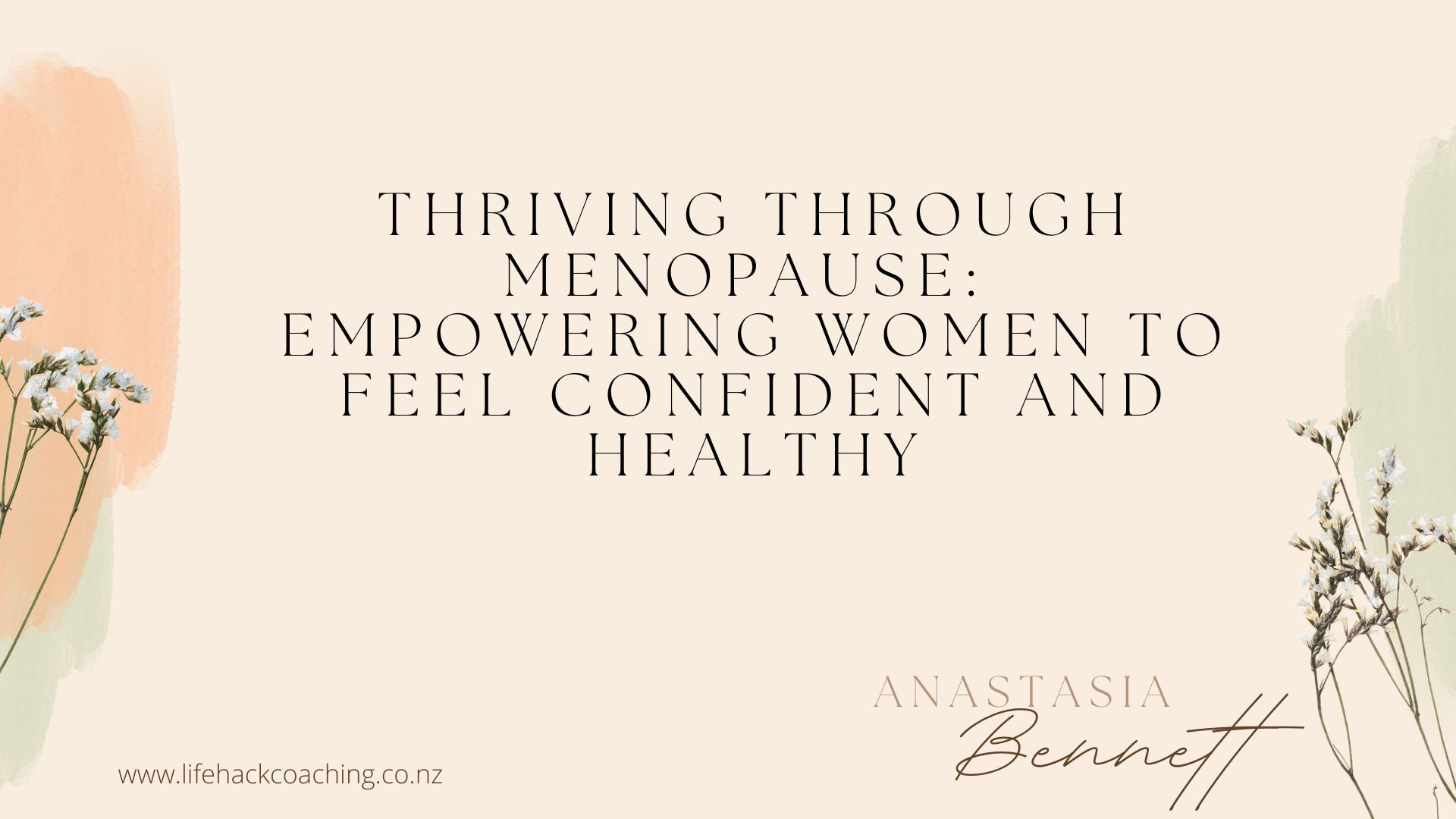Blog

The Weird and Wonderful World of Perimenopause: Unusual Symptoms Explained
When we talk about perimenopause, the first things that usually come to mind are hot flushes and night sweats. But let me tell you, there’s a whole array of lesser-known, downright weird symptoms that can crop up thanks to hormonal fluctuations, especially estrogen. If you’ve been feeling like your body’s playing tricks on you, you’re not alone. Here’s a deep dive into some of these unexpected symptoms and why they happen.
Itchy Skin and Crawling Sensations
Ever feel like you’ve got ants crawling on your skin? This creepy-crawly feeling can actually be linked to declining estrogen levels, which affect your skin's hydration and oil production. The result? Dry, itchy skin that can drive you nuts.
Burning Mouth Syndrome
A burning sensation in your mouth or tongue, often paired with a dry mouth, can be another surprise courtesy of perimenopause. Estrogen influences salivary gland function, so lower levels can leave your mouth feeling like it's on fire.
Tingling Extremities
Those random tingling or “pins and needles” sensations in your hands and feet? Yep, that could be your hormones. Estrogen helps regulate nerve function, and fluctuations can lead to these odd sensations.
Electric Shock Sensations
This one sounds almost sci-fi, but some women report feeling little electric shocks, often right before a hot flush. It’s believed that rapid changes in estrogen levels can impact the nervous system, causing these strange zaps.
Joint Pain and Stiffness
Joint pain isn't just a sign of getting older; it can also be linked to lower estrogen levels. This hormone has anti-inflammatory properties, so its decline can lead to inflammation and discomfort in your joints.
Changes in Body Odor
If you suddenly notice you’re sweating more or your body odor has changed, it’s not just in your head. Hormonal fluctuations can alter your body’s natural scent, making you feel self-conscious.
Memory Lapses and Brain Fog
Finding it hard to concentrate or remember things? Estrogen plays a crucial role in cognitive function, so drops in this hormone can lead to brain fog, forgetfulness, and those frustrating “senior moments.”
Gum Problems
Bleeding or swollen gums might not seem related to perimenopause, but estrogen helps keep your gums healthy. As its levels decrease, you might notice more sensitivity and gum issues.
Digestive Issues
Bloating, gas, and changes in bowel habits can also be part of the perimenopausal package. Estrogen and progesterone influence your gut microbiome, and their fluctuations can disrupt normal digestion.
Anxiety and Mood Swings
Lower estrogen levels can mess with your mood by impacting serotonin production. This can lead to increased anxiety, irritability, and those notorious mood swings that make you feel like you’re on an emotional roller coaster.
Why This Happens
Estrogen isn’t just about reproduction; it affects a wide range of bodily functions. When its levels start to fluctuate during perimenopause, all these systems can go a bit haywire, leading to the array of symptoms mentioned above.
How to Manage These Symptoms
Managing these weird and wonderful symptoms often involves a combination of lifestyle changes and, in some cases, medical interventions:
Balanced Diet: Incorporate foods rich in phytoestrogens, like soy and flaxseeds, to help balance your hormones.
Regular Exercise: Stay active to help reduce stress and manage weight.
Stress Management: Practice mindfulness, meditation, or yoga to keep anxiety at bay.
Stay Hydrated: Drink plenty of water to help with dry skin and other symptoms.
Good Sleep Hygiene: Ensure you get enough rest to combat fatigue and brain fog.
Supplements: Consider supplements that support hormonal balance, like omega-3s and vitamin D.
Hormone Replacement Therapy (HRT): For some, HRT can provide significant relief from severe symptoms. Consult with a healthcare provider to see if this is right for you.
Reach Out for Support
If you recognize any of these symptoms and are struggling, know that you're not alone. Perimenopause is a challenging time, but there are ways to manage and mitigate these symptoms. Feel free to book a metabolic assessment or a free consultation with me. Together, we can create a plan to balance your hormones naturally and help you feel like yourself again.

Perimenopause and Menopause
Masterclass 101
Thriving through menopause, encouraging women to feel
confident & healthy.